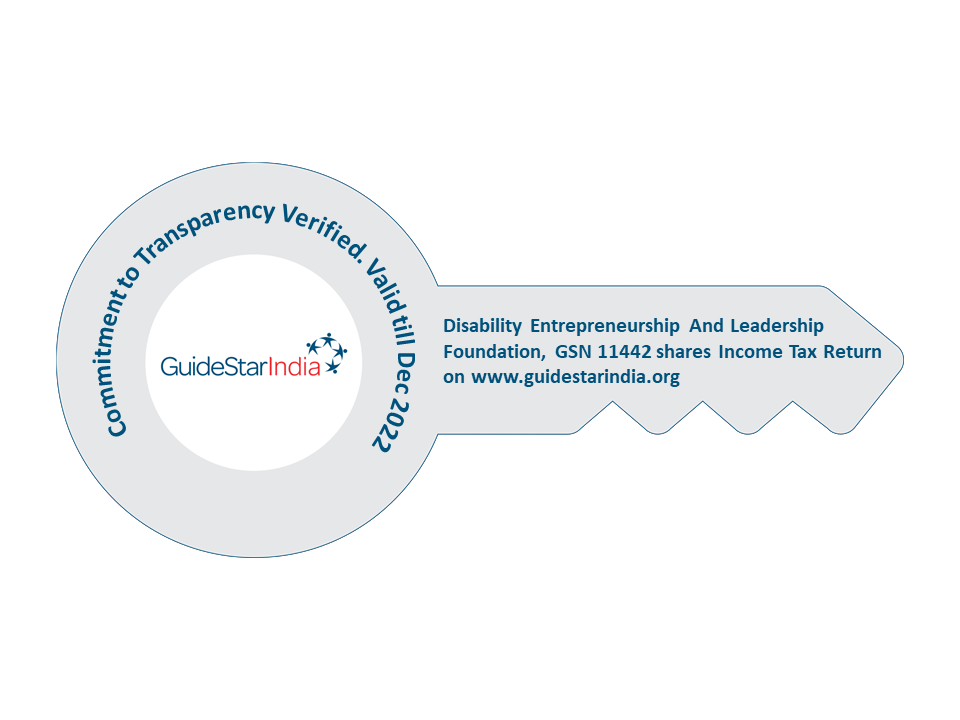The immune system is a complete network of cells and proteins that defends the body against infection. Abnormalities of the immune system can lead to allergic diseases, immunodeficiency and autoimmune disorders.
If you want to boost your immune health, you may wonder how to help your body fight off illnesses. There are plenty of supplements and products that claim to improve immunity, but boosting your immune system is a bit harder than you think.
As we enter the third wave of COVID-19, it is essential to build and maintain a strong immune system. Having a strong and healthy immune system will not stop you from getting infected, but it will help your body fight off the virus.
Here are a few ways to build and maintain a strong and healthy immune system:
- Get enough sleep:
Getting adequate rest may strengthen your natural immunity. Studies have shown that people who don’t get enough sleep are more prone to getting sick after exposure to viruses, such as those that cause the common cold. Adults should aim to get at least 7 hours of sleep while teens need 8-10 hours and younger children and infants up to 14 hours.
- Stay up-to-date on recommended vaccines:
Your immune system is smart, but vaccines train it to be even smarter—helping it learn how to recognize and fight-off certain disease-causing illnesses. So it is better to take advantage of the best way you have to protect yourselves from harmful illnesses: vaccines.
- Maintain a healthy diet:
A healthy diet is key to a strong immune system. This means eating plenty of vegetables, fruits, legumes, whole grains, lean protein and healthy fats. In addition to these, it is good to get sufficient micronutrients that play a role in maintaining your immune system including:
Vitamin B6 (found in chicken, tuna, bananas and green vegetables)
Vitamin C (found in citrus fruits, broccoli and spinach)
Vitamin E (found in almonds, sunflower and safflower oil, peanut butter, sunflower seeds and spinach)
Your body absorbs vitamins more efficiently from dietary sources, rather than supplements. So it is better to eat a well-balanced diet.
- Regular exercise:
Physical activity is important part of being healthy and supporting a healthy immune system. Exercises boost overall circulation, making it easier for immune cells and other infection-fighting molecules to travel more easily throughout the body. Studies have shown that engaging in 30 minutes of moderate to vigorous exercise everyday helps stimulate the immune system. So stay active and get regular exercise.
- Stay hydrated:
The most well-known surefire way to boost your immune system and overall health is drinking plenty of water. Sufficient hydration (best indicated by, at minimum, light-yellow urine) means blood is oxygenated, toxins will be flushed, and vital organs and muscles will function at their best.
- Minimize stress:
Long term stress promotes inflammation, as well as imbalances in immune cell function. In particular, prolonged psychological stress can suppress the immune system in children.
Activities to manage stress include meditation, yoga, exercise and other mindfulness practices.
- Avoid nicotine and smoking:
Nicotine is an immunosuppressive in cigarette smoke and e-cigarettes. Negative effects of smoking include inflammation, increased cortisol levels, decreased T cells’ response, and impaired immune response, making it more difficult to fight infection.
- Drink alcohol in moderation:
Alcohol disrupts the microbiome (community of organisms that live in the human body e.g. in the stomach), thus throwing off the balance of bacteria and leading to inflammation that could ultimately damage the liver. You actually give your body more work to do when you drink excessively, forcing it to focus its response on detoxification—to the detriment of immune system function. Your best bet is to practice moderation.
- Wash your hands frequently:
Thoroughly hand washing with soap and water is an immediate preventative measure for the spread of bacteria and viruses. Influenza and gastrointestinal infections are just two communicable examples from contaminated hands.
- Stay connected:
Social interactions – even virtual – provide much needed boosts to your immune system. A 2016 study at the University of Virginia found socializing can actually activate the immune system, and that conversely, a desire to socialize decreases when the immune system is compromised.
- Supplement wisely:
Unlike medications, supplements aren’t regulated and there is no evidence that supplements actually help improve your immune system or your chance of fighting off an infection or illness. If you are looking for ways to help boost your immune system, consider keeping up with the lifestyle habits mentioned above than relying on claims on a label.
Although none of these suggestions can prevent COVID-19, they may reinforce your body’s defenses against harmful pathogens.
(Sources: healthline.com, houstonmethodist.org, stacker.com, integrisok.com, betterhealth.vic.gov.au)
As part of our work on livelihoods, health and wellbeing, we have been working with persons with disabilities to adopt organic horticulture practices. We are working with Dr. Bharati Chimmad from University of Agricultural Sciences Dharwad (UASD) who has produced a nutrition card game. The pack has 73 health and nutrition cards. Each card contains a food produce and its nutritional value. This card game not only is a fun game for kids and adults alike, but also helps in understanding the nutritional value of the food we consume on a daily basis.
For any specific questions regarding the blog, please write to us at info@deal-foundation.com.
And to know more about the work we do, log on to www.deal-foundation.com


 Awarded by Guidestar India
Awarded by Guidestar India